The Irish Language and a Terrible Story of Injustice
The Irish Language is still freely spoken in the western region of Ireland by many inhabitants, as it was the last region of Ireland to be colonised. However, in the late 1800s this lack of knowledge of the English language came to harm a resident of Galway.
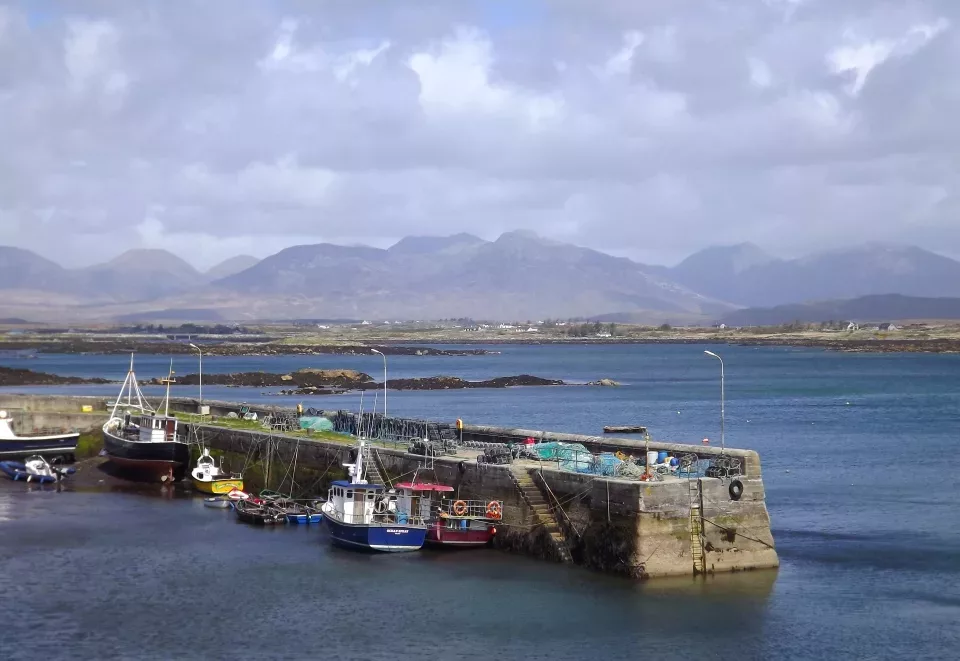
Have you ever been to the west of Ireland? This would be the region occupied by counties Donegal, Sligo, Leitrim, Mayo, Galway, Clare, Limerick, Kerry and Cork. These counties contain many places of outstanding natural beauty and today they draw tourists by the thousand – but just a few decades ago, people were leaving their poor soil and harsh living conditions in droves.
Many of them spoke Irish Gaelic as their only language as the anglicising effects of colonisation were slow to reach these remote places.
Today’s story brings us to the border of Galway and Mayo – a place where a terrible incident took place in the 1880s and recently made its way back into our national news headlines.
One Family of the “Wild” West
On December 16th, 1882, Myles Joyce stepped out of his prison cell and walked towards the gallows that was to take his life just minutes later. He was asked if he had any last thoughts before meeting his maker, but the frightened words coming from his mouth were understood by few present. You see, “Myles Joyce” was the English name given to a man known as “Maolra Seoighe” (pronounced “mwale-ra show-i-ga”) to his family and friends who rarely spoke any language except their native Irish.
Maolra and two of his neighbours were previously sentenced for the murder of a local family in the townland of Maumtrasna. They were tried and sentenced in a language that none of them could understand – and with the minimum of translation. And in this case, Maolra was innocent.
Maumtransna townland is on the border of Counties Mayo and Galway – adjacent to the region we call “Connemara” today – but within what is locally known as “Duchasa Seoighe” or “Joyce Country”. As you might expect, you find a lot of people with the surname Joyce in this area!
The Origins of Joyce Country
Legend has it that “Thomas de Jorse” came from Wales (where the majority of the Irish Norman families originated) to Galway City in 1283 AD. He married Norah O’Brien – a descendant of the King of Munster and founded the Joyce Tribe who occupy parts of Galway and Mayo today. Well, that’s the legend, but we do know that a family by the name of “Joye” came from the east of Galway city in the 1200s to what is now Joyce Country. While the area was occupied by the Norman Fitzgerald family, they needed extra reinforcing to protect the newly captured lands from the “ferocious O’Flaherty” family to the south. The Joyes/Joyces were chosen for the job and settled in for the long term.
Over time they became hibernicised – adopting many of the customs, language and traditions of the local gaelic residents. They became known in Irish as “Clann Seioghe” (pronounced “clown show-i-ga”) and their land became known as “Duchasa Seoighe”, known today in English as Joyce Country. By the early 1800s, the majority of Joyces in the region were poor tenant farmers – indistinguishable from the Gaelic neighbours they lorded over 600 years earlier. If you look at the tenant occupants of Maumtransna Townland in the mid 1800s here, you will see plenty of Joyce families – alongside their Lydon, O’Brien, Coyne, Collins, Duffy and Gibbons neighbours. Are any of these surnames in your Irish family tree? Do leave your comments below and let me know.
It was one of these Maumtrasna Joyce families that were murdered in the 1880s – five members of one family were killed in their sleep and robbed of their meagre personal possessions and livestock. This murder of a single family caused a sensation at the time – and the authorities were under pressure to find and try the people responsible. So it came that Myles Joyce, Pat Casey and Pat Joyce were hung on December 16th – with four more imprisoned for assisting in the crime. It was felt that justice was both done – and seen to be done.
However, a witness during the trial, Tom Casey, turned himself in two years later and declared that while the other two were guilty – he had lied about the involvement of Myles Joyce. This confession triggered a lot of talk and debate in both Ireland and England – but an official enquiry was never initiated. However, times and sentiment were changing and it is believed this case brought the British public’s attention to the tremendous poverty and injustice in this far western part of what was considered a part of Great Britain. This changing perspective encouraged the land reforms and associated laws that came into place from the late 1800s across the island of Ireland. All most likely accelerated by the injustice highlighted through the case of Myles Joyce/Maolra Seoighe.
A Late Pardon
This month, April 2018, the President of Ireland signed a belated pardon for Myles Joyce/Maolra Seoige. He read the text in both Irish and English, and I think it is worth looking at the words that the President used as he reflected on what he describes as a “shameful episode in Irish and British history” (I have shortened the text – you can see the original here):
We are here today to correct the historical record, and to declare that a man, Maolra Seoighe, was wrongly convicted of murder and was hanged for a crime that he did not commit.
We must recall that English was not the language of those at the centre of this case. Both the murder victims and the defendants lived their lives through Irish and few had any command of the English language, or certainty in its usage. When this heinous crime was committed – five members of a family butchered where they slept – the forces of an unsympathetic and arrogant colonial regime were unleashed on an already traumatised community.
A combination of a systemic contempt for the Irish-speaking accused and an extraordinary zeal to secure convictions regardless of testimony and evidence that should have raised serious misgivings, conspired to deliver what has been described as one of the clearest cases of miscarriage of justice in British legal history.
… Maolra Seoighe’s trial was unfair, not only by today’s standards, but by the standards of the time. Many aspects of witness testimony were inaccurate or falsified. Most obviously, conducting a trial where the jury, judge, prosecuting and defending lawyers do not share the same language as the accused, and where no meaningful translation is provided must surely remove any pretense of justice having been sought or delivered.
I must admit, this recent pardon has just reminded me how hard life was for so many of our shared Irish ancestors. Some of them stayed, but many more left for what they hoped was a better life in a country far from their family, friends, customs and sometimes language.
So, if you ever go the west of Ireland to visit relatives, marvel at the scenery or just to slow your life down a little – do spend a moment thinking of the families who lived on the hills and in the crevices of the land – and the harsh life they endured as they hoped for a better day. I do hope that you and I are enjoying that better life today!

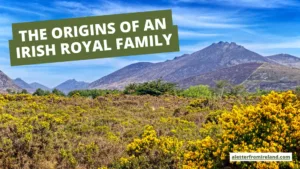
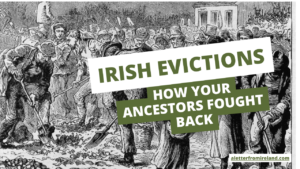
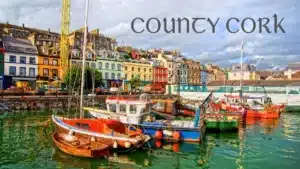
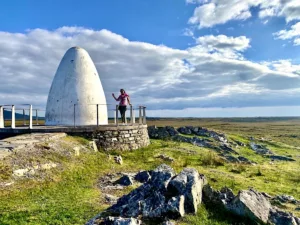
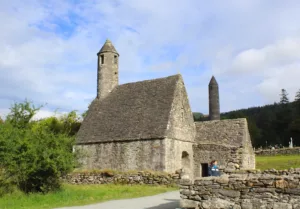
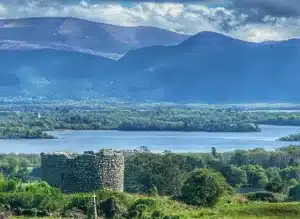
Only Plus Members can comment - Join Now
If you already have an account sign in here.